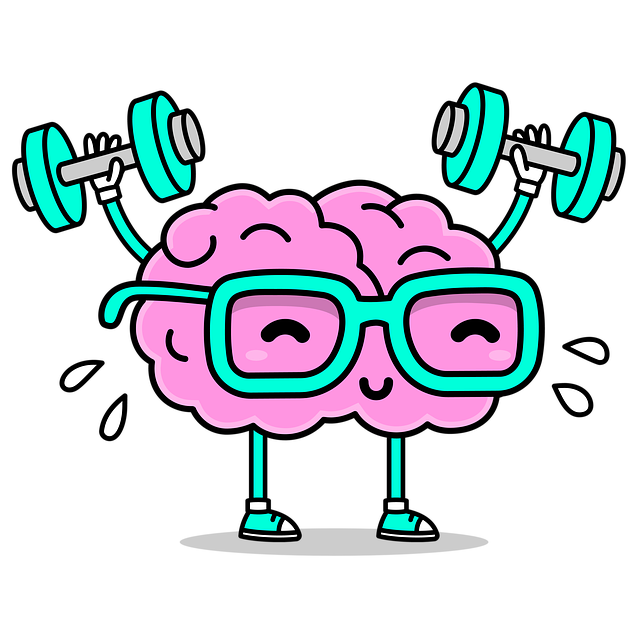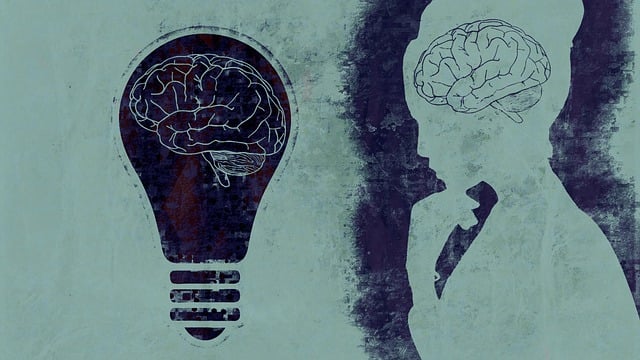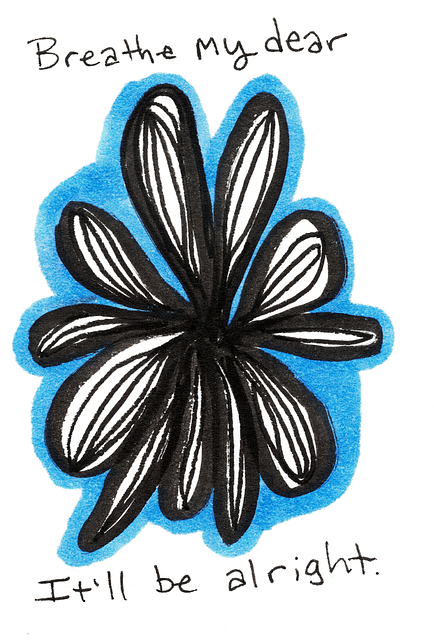Mood regulation strategies tailored to older adults facing drug abuse issues are crucial for their emotional well-being. Specialized therapies like Cognitive Behavioral Therapy (CBT), group therapy, and stress reduction techniques address unique challenges, including physical health problems and cognitive changes. Continuous care, incorporating traditional healing practices, community support, and mental wellness podcasts, is essential for long-term recovery and improved mental health outcomes in this demographic.
Mood regulation strategies are essential tools in addressing mental health issues, particularly among the elderly. This article explores various approaches to managing moods, focusing on therapy options tailored for older adults struggling with substance abuse. We delve into effective implementation and continuous care, highlighting the importance of a holistic approach. Understanding these strategies is crucial for professionals and caregivers aiming to provide quality support, ultimately fostering better outcomes for those facing drug abuse challenges.
- Understanding Mood Regulation Strategies
- Therapy Options for Elderly Drug Abuse
- Effective Implementation and Continuous Care
Understanding Mood Regulation Strategies

Mood regulation strategies are essential tools for managing emotional well-being, especially among older adults who may be more susceptible to mental health challenges. Understanding these strategies is crucial in providing effective support and care for this demographic. Many elders struggle with substance abuse or drug addiction, which can significantly impact their mood and overall mental health. In such cases, therapy plays a pivotal role in helping them navigate and overcome these issues, offering valuable Crisis Intervention Guidance tailored to their unique needs.
Mental Health Awareness is not just about recognizing symptoms; it involves equipping individuals with skills to regulate their moods independently. This process often includes learning Conflict Resolution Techniques to manage stressors and emotional conflicts that may trigger negative moods. By incorporating these techniques into daily life, elders can foster resilience and better cope with the challenges they face, leading to improved mental health outcomes and an enhanced quality of life.
Therapy Options for Elderly Drug Abuse

For elderly individuals struggling with drug abuse, accessing appropriate therapy is essential for successful recovery. Many older adults may face unique challenges when it comes to substance abuse treatment, including physical health issues and cognitive changes associated with aging. Therefore, a tailored approach is necessary, focusing on both the individual’s mental health and overall well-being.
Therapy for elders drug abuse often involves specialized programs designed to address their specific needs. Cognitive Behavioral Therapy (CBT) is a commonly used method, helping individuals identify and change negative thought patterns and behaviors related to substance abuse. Group therapy sessions can also be beneficial, providing peer support and encouraging positive interactions. Additionally, integrating stress reduction methods and mental health policy analysis and advocacy can empower the elderly to manage their conditions effectively while navigating any systemic barriers they may encounter. Positive thinking techniques have also shown promise in promoting emotional resilience during the recovery process.
Effective Implementation and Continuous Care

Implementing effective mood regulation strategies requires a multifaceted approach tailored to individual needs, especially for elders facing drug abuse or substance use disorders. Continuous care is pivotal; short-term interventions may not suffice in managing long-term emotional well-being. Healthcare providers play a crucial role here, ensuring that treatment plans are holistic and address the unique challenges of aging, including cognitive changes and physical health conditions.
Cultural competency training for healthcare providers is essential to deliver sensitive care. Tailoring techniques to diverse cultural backgrounds enhances the effectiveness of emotional well-being promotion strategies. For instance, incorporating traditional healing practices or community support systems can significantly impact an elder’s ability to regulate mood and maintain mental wellness. Additionally, the production of a mental wellness podcast series can reach a broader audience with similar needs, offering practical tips and personal stories for effective coping mechanisms.
Mood regulation strategies, especially in the context of therapy for elders struggling with drug abuse or substance use disorders, play a pivotal role in enhancing quality of life. By effectively implementing and continuously caring for this vulnerable population, we can foster positive outcomes and support their journey towards recovery. Recognizing the unique challenges faced by the elderly, tailored interventions through professional therapy options offer hope and healing. Through understanding, compassion, and accessible care, it’s possible to break down barriers and provide much-needed assistance for those battling addiction in later years.














